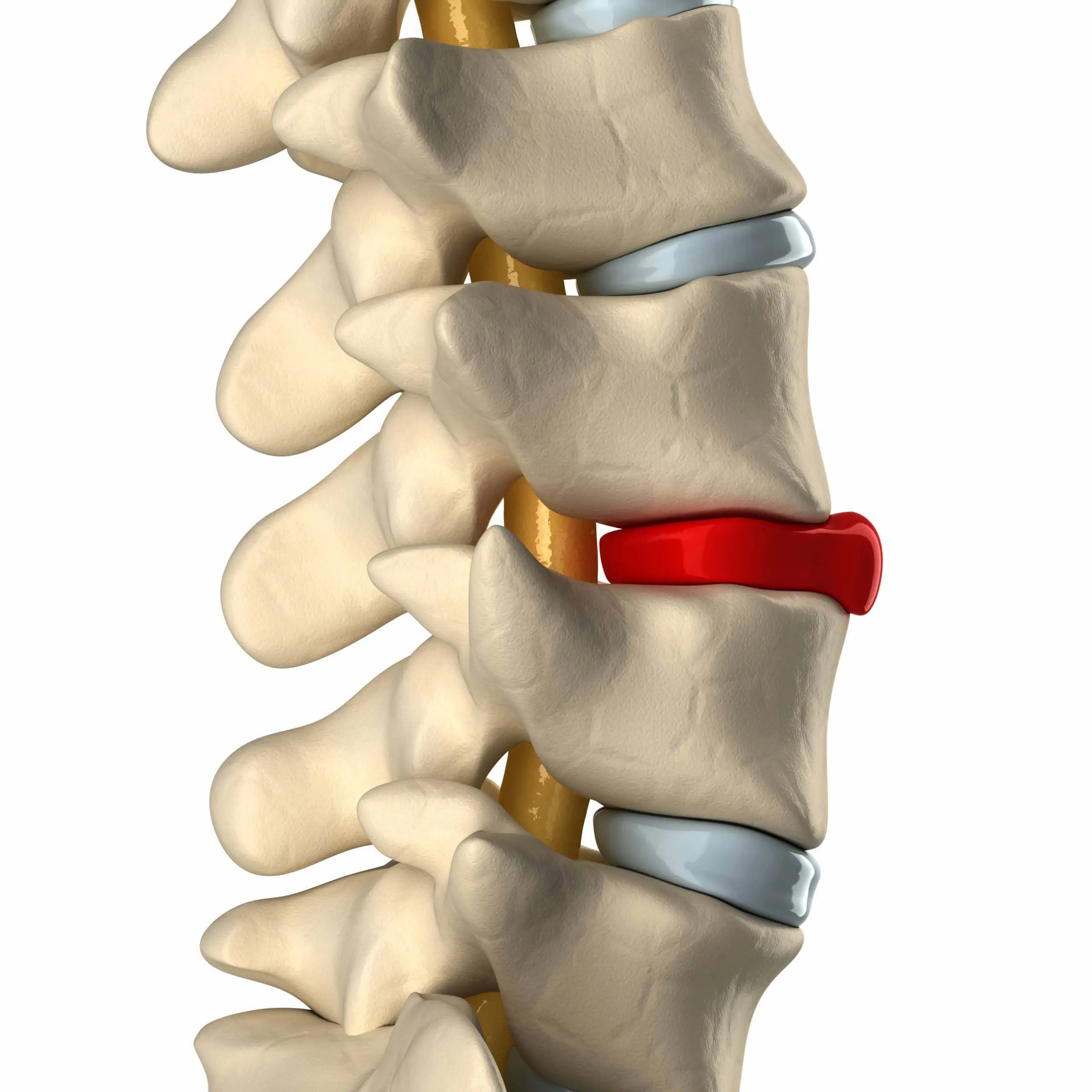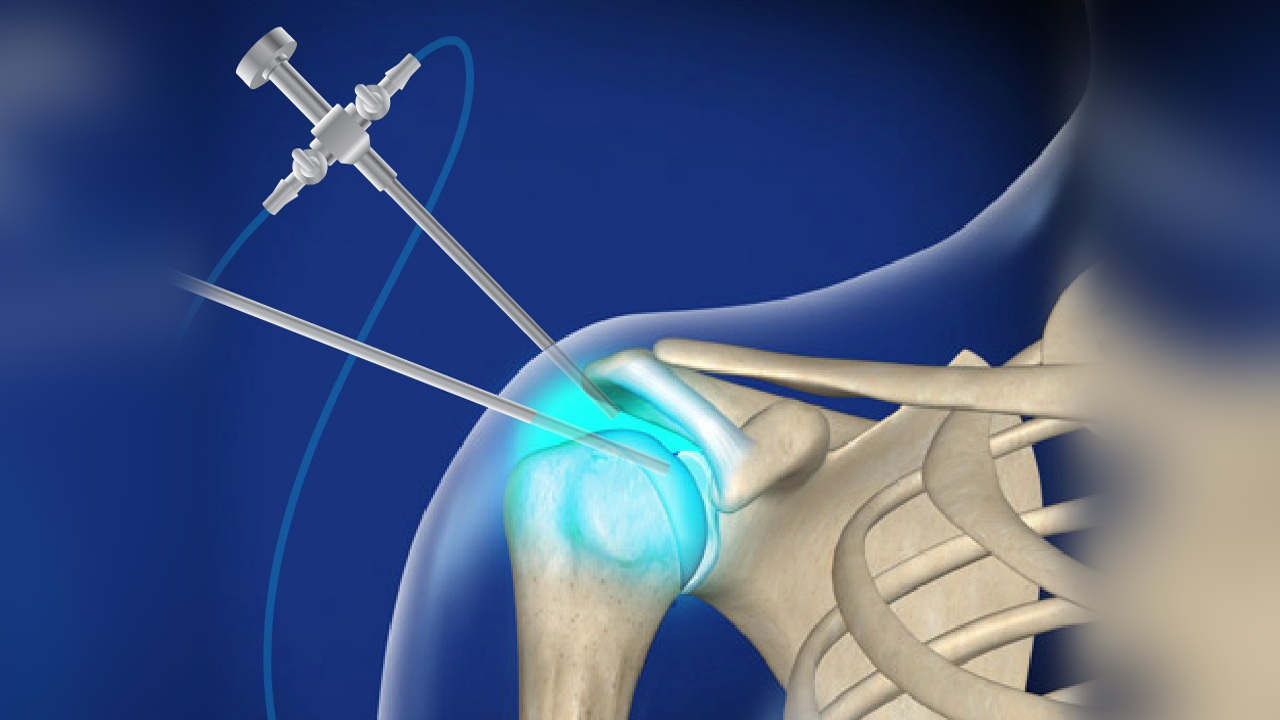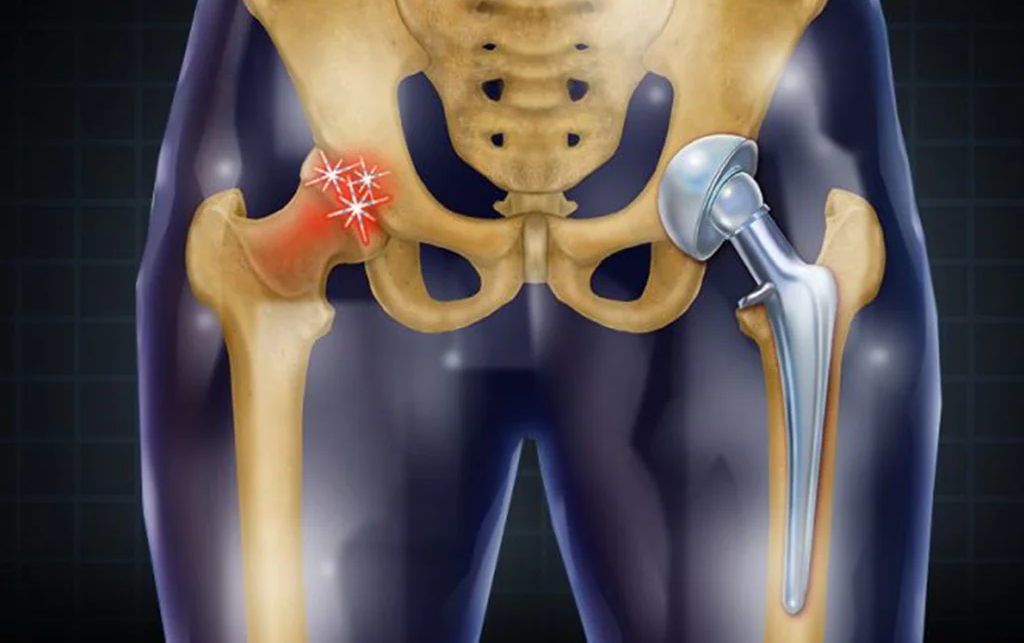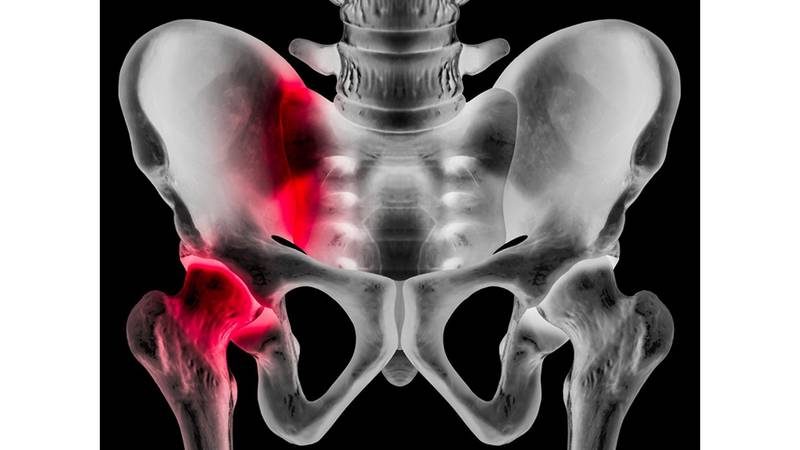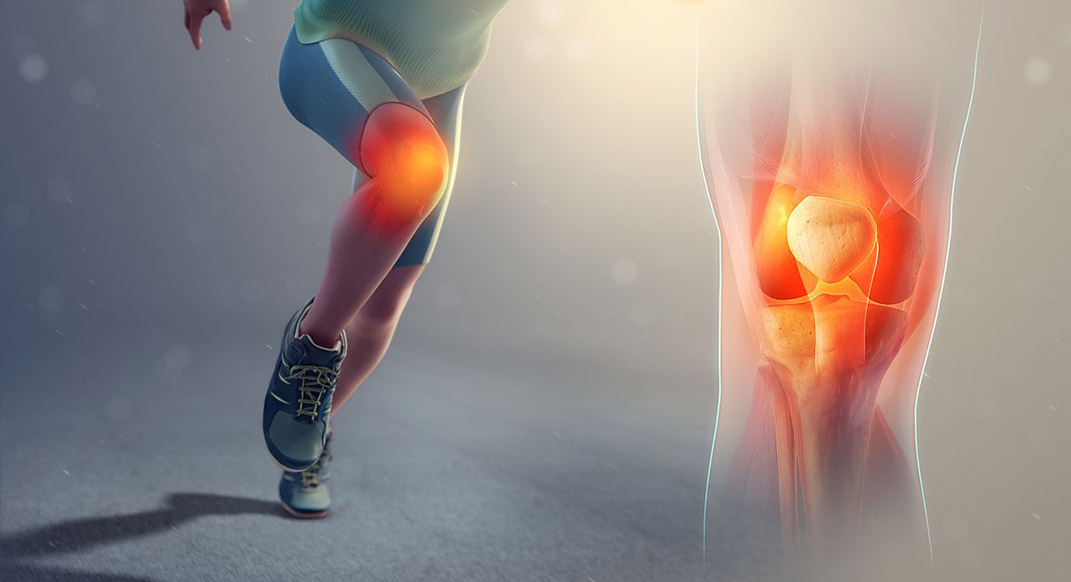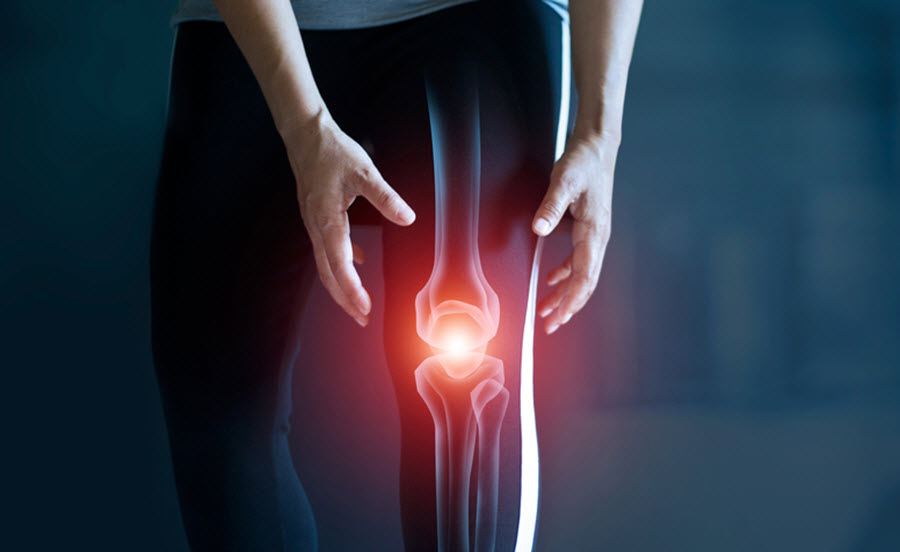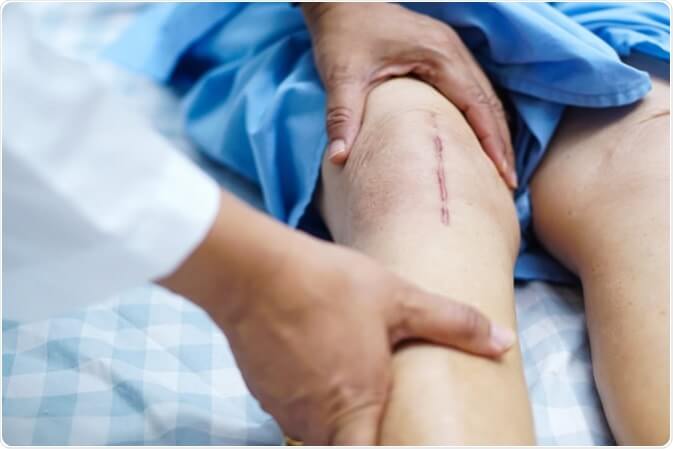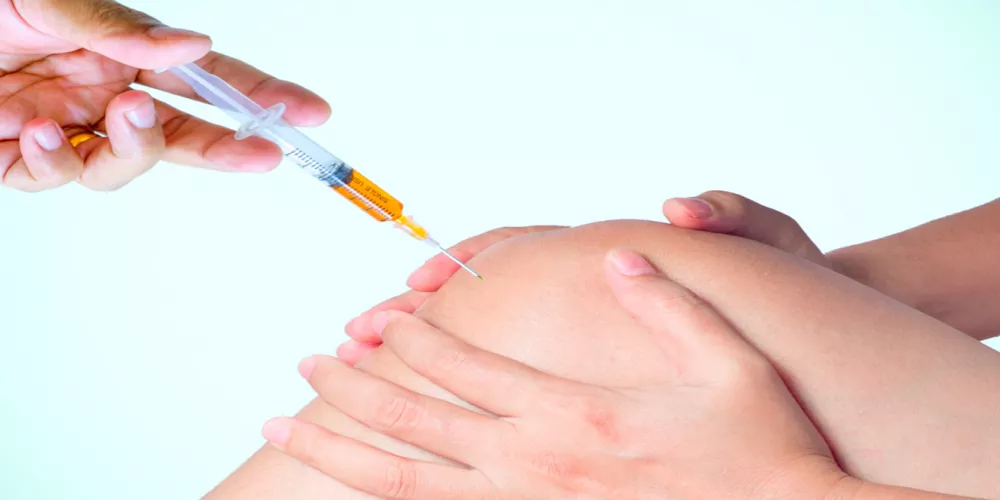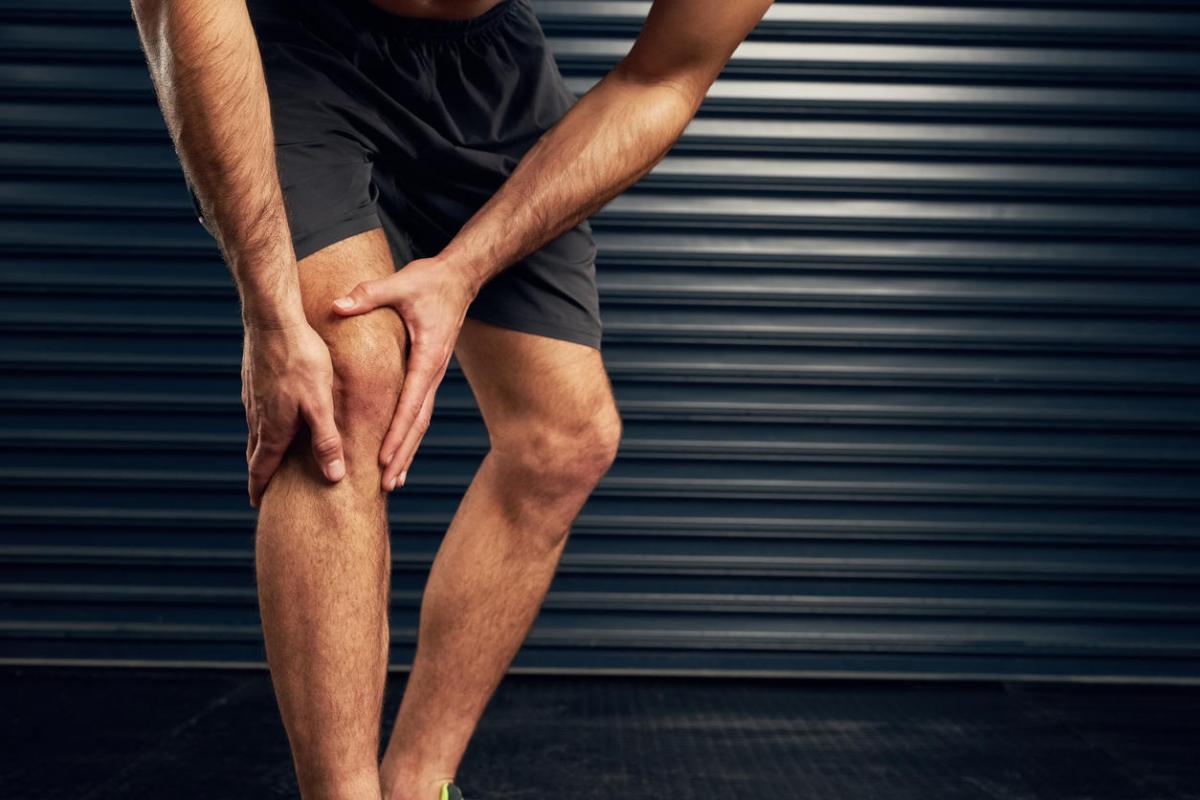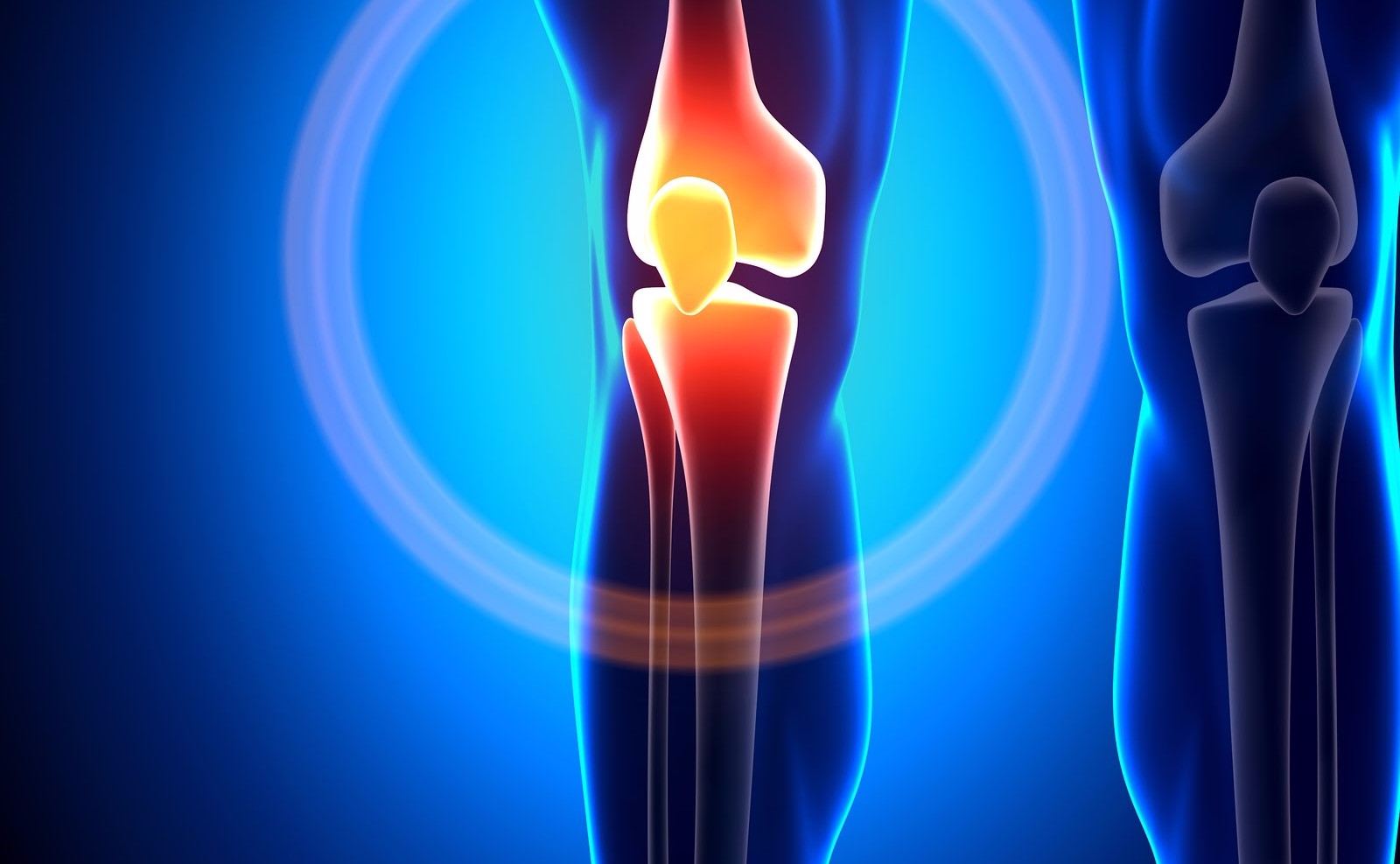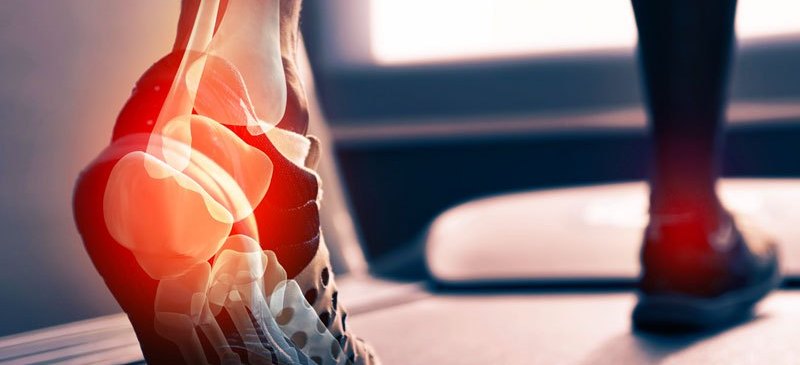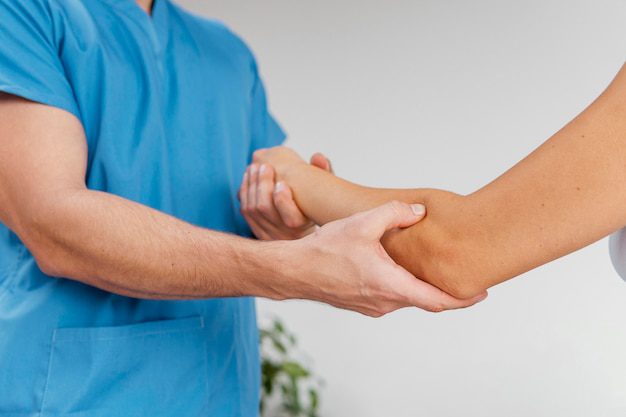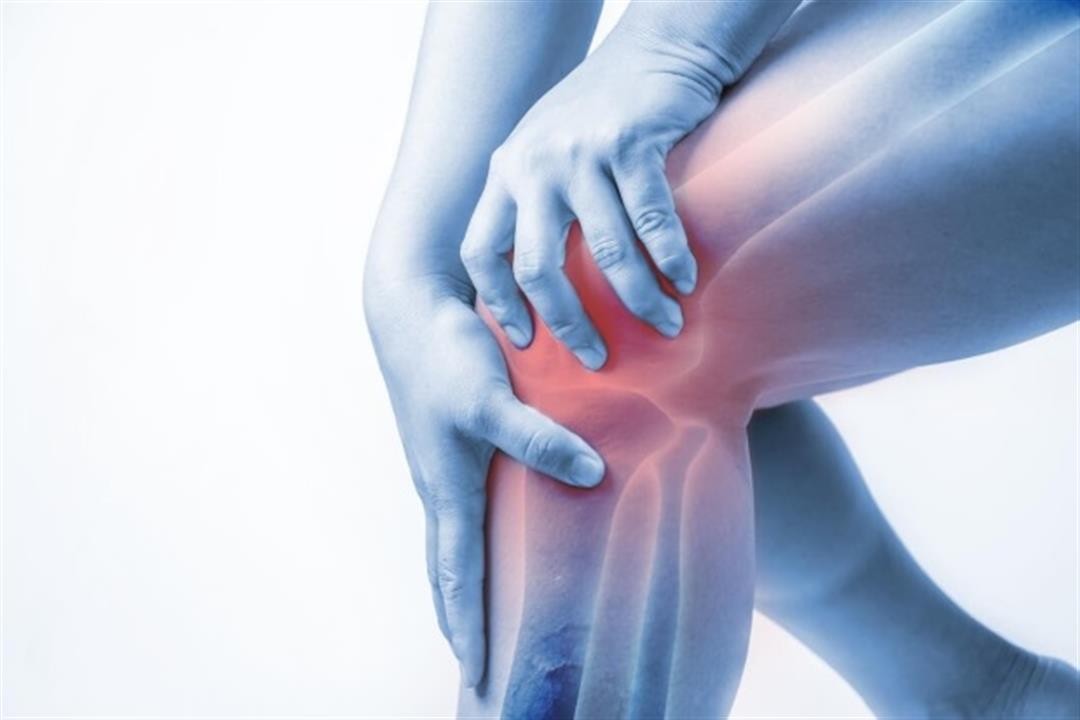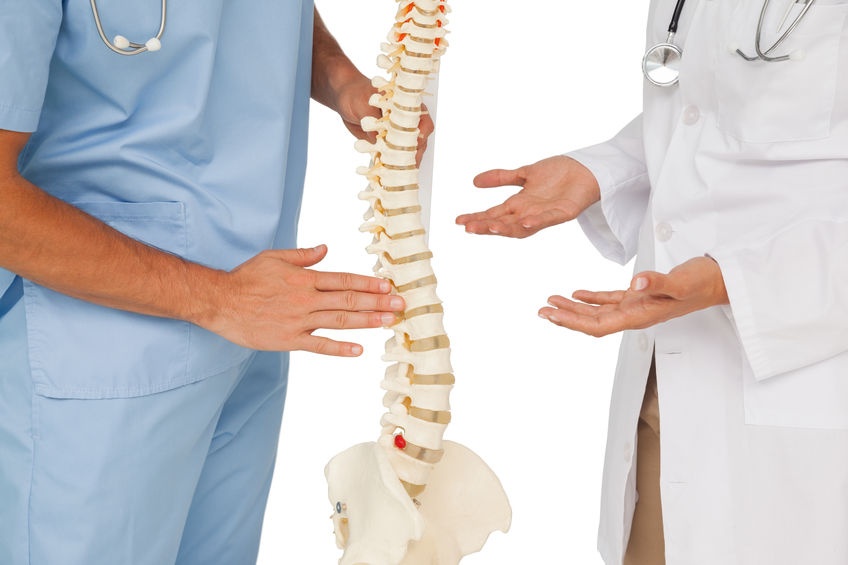What are the symptoms of a knee effusion?
Knee effusion has more than one cause and has several signs that the doctor can identify through the diagnosis, and this disease will be explained in detail in the following article.
What are the symptoms of a knee effusion?
Knee effusion can be identified by some signs that indicate inflammation in the membrane that covers the knee, and thus a greater amount of fluid is secreted and accumulates in the knee, thus causing something like swelling, and the following symptoms appear:
- The presence of swelling in the knee increases with time.
- Starting to feel knee pain.
- Hearing a cracking sound in the knee.
- Difficulty walking or bending the knee.
- A sensation of heat in the affected part.
- Sometimes the knee can stop functioning.
Knee effusion
Knee effusion is one of the symptoms that can appear on the knee as a result of infection with certain types of inflammation or a severe injury, and effusion in the knee is an increase in the amount of fluid present in the knee joint as a result of inflammation of the membrane surrounding it, which can lead to pain when the percentage increases significantly and difficulty in movement naturally.
When the knee is afflicted with rheumatoid inflammation or is exposed to roughness as a result of old age and sometimes accidents, as in players, the person may then develop knee water effusion, which works to reduce the person’s ability to move, and the feeling of pain began with difficulty in bending the knee while leaning on it, and this is due to the failure to get rid of the excess fluid that was secreted by the membrane around the knee.
Causes of knee effusion
More than one cause can affect the knee’s infiltration and swelling, making it difficult for the patient to move it normally, and we can identify these causes that lead to infiltration as follows:
- Gouty inflammation of the knee.
- The presence of stiffness and roughness in the knee.
- Knee ligament injury.
- Lupus infection.
- A microbial infection.
Is knee effusion dangerous?
Knee leakage is in itself a symptom of a disease that affected the knee, and the leakage can be eliminated after treating this disease, but in the event of neglecting treatment, some complications resulting from increased fluid and pus in the knee may occur, and thus a temporary disability occurs for the injured person and he cannot stand up. With his normal activity with a constant sense of pain in the knee.
Knee effusion treatment
Knee effusion can be divided into two types. The first is the simple one that did not affect the movement of the person and is often caused by a minor injury to the knee. It can be treated through the following steps:
- Use ice packs to reduce swelling.
- Do exercises that strengthen muscles and tendons.
- The use of ointments that withdraw infiltration.
- Knee braces.
As for the second type of injury, it is moderate or severe, which can affect the person’s ability to move, and therefore the doctor begins to use other methods of treatment, including withdrawing excess fluid through a needle dedicated to conducting an aspiration and relieving pressure on the knee, and thus the injured person begins to regain his ability to move.
Herbal treatment of knee effusion
Herbal treatment Some may think that it is useless, but on the contrary, herbal treatment is a form of alternative medicine that works to help other types of treatments that improve the condition of the knee effusion patient and reduce the swelling and pain that afflicted him.
The following herbs can be used:
- Turmeric: The good effect of curcumin in turmeric has been proven, so the patient can feel better over time.
- Ginger: Ginger, whether dry or fresh, can be used to treat knee effusion due to its many benefits and anti-inflammatory properties.

